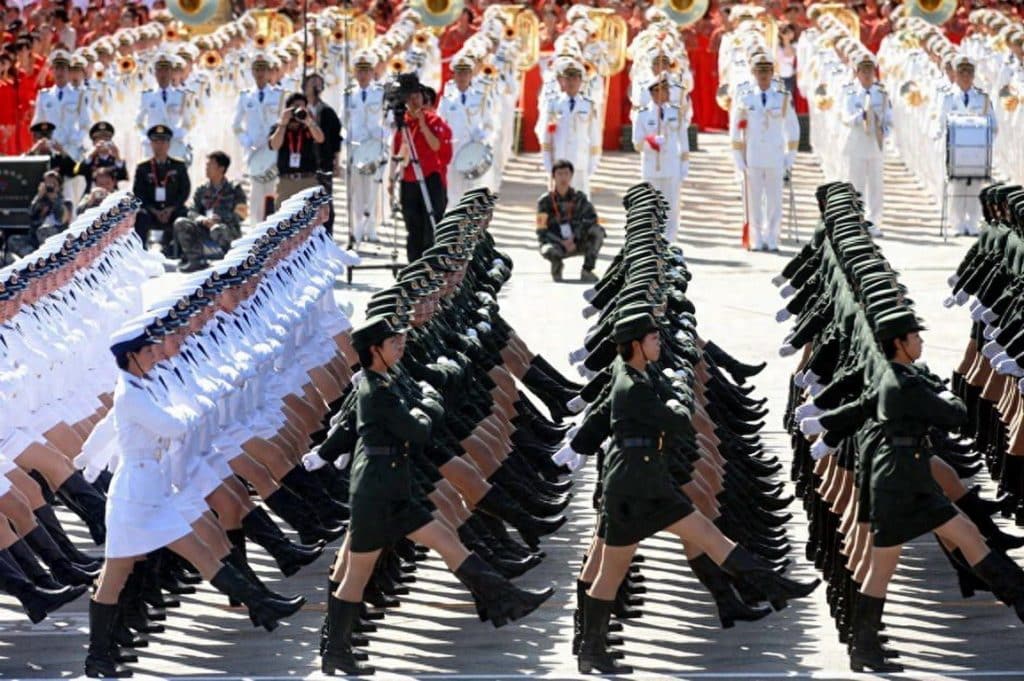The shockwaves from Israel’s recent strike on Qatar have not faded. Branded as having “provoked the entire Arab world,” Israel is now facing an unexpected backlash.
After Israeli tanks rolled into Gaza, Arab states—long mocked online as “disunited”—sensed a crisis. In an extraordinary move, an Arab-Islamic emergency summit was held in Doha, Qatar, the very city that had just been bombed. According to the South China Morning Post, the summit produced something unseen in decades: Arab states are now openly discussing the creation of a regional military alliance — in simpler terms, an “Arab NATO” to counter Israel’s growing aggression.
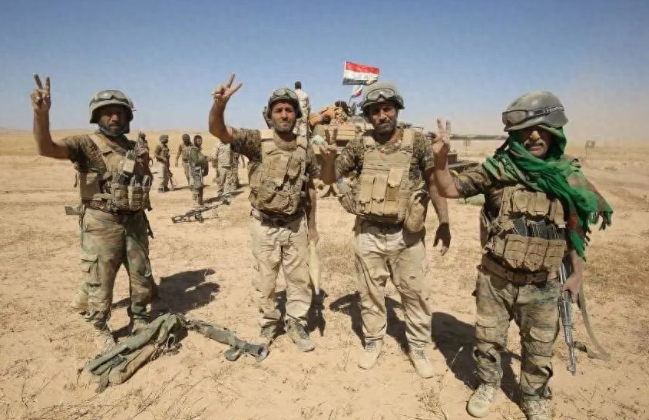
An “Arab NATO”: A Headache for Washington and Tel Aviv
If Arab nations truly move toward military integration, the Middle East could witness the rise of a powerful bloc opposing Israeli dominance. Such a development would significantly challenge U.S.-Israeli influence in the region.
These steps, however, were not taken voluntarily but forced by events. In the past, when Israel attacked Palestinians, Gulf states would issue symbolic protests and move on. But with Israeli airstrikes now hitting Qatari soil directly, the illusion of safety is gone. Suddenly, no Arab state can assume immunity.
What’s more troubling for the Gulf is America’s response: Washington not only failed to restrain Israel but even tacitly approved the strikes. This has raised an uncomfortable question across the region: if Israel someday turns its guns on us, will America step in?
Hence, the call for an Arab military alliance is a direct bid to regain control of regional security. If successful, it would strike at the core of America’s long-standing “divide and rule” strategy in the Middle East.
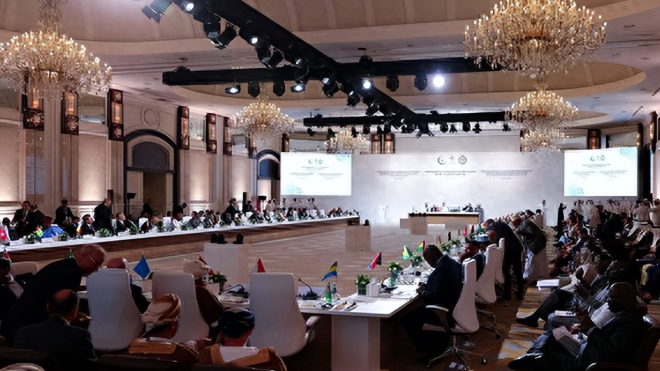
The Obstacles to Arab Unity
Yet, building an “Arab NATO” is easier said than done.
- Conflicting Interests – While states like Iran and Turkey loudly support Palestine, they do not share borders with Israel, meaning any real military action would require Saudi or Jordanian cooperation. But trust between Riyadh and Tehran remains fragile at best. Meanwhile, war-torn states like Iraq and Syria are too weak to meaningfully contribute.
- Economic Dependence – Gulf economies rely heavily on oil revenues tied to the U.S. dollar. Any attempt to weaponize oil against Washington could backfire, straining their own fiscal systems and even benefiting U.S. energy exporters.
- Fragmented Identity – The Middle East’s tribal structures, competing monarchies, and Western-leaning elites make it difficult to forge a shared identity. Mobilizing popular support for a united military force would face enormous resistance.
In short, while the idea of unity resonates during crises, the realities of politics, money, and distrust complicate implementation.
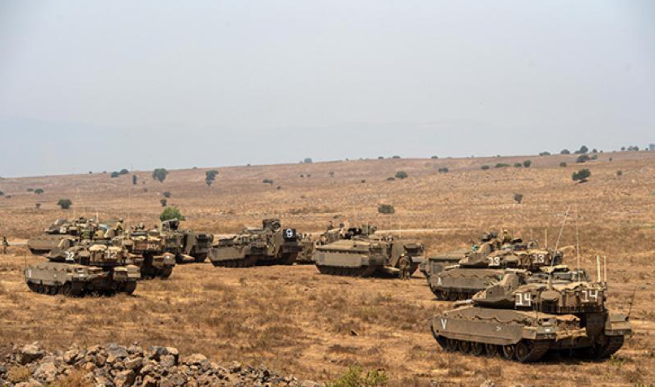
Shifting Dynamics: Why Unity Still Matters
Still, to dismiss Arab unity as impossible would be premature. Two key shifts are changing the game:
- External Pressure – Israel’s increasingly bold actions have left Arab states with little choice. When survival is at stake, cooperation becomes less of an option and more of a necessity.
- Declining U.S. Commitment – America’s chaotic withdrawal from Afghanistan and its reluctance to check Israeli aggression have deeply shaken Arab confidence in Washington. The old security umbrella no longer feels reliable.
Israel, too, is not invincible. Despite its defiance, Prime Minister Netanyahu has admitted the country faces “economic isolation.” Prolonged conflict in Gaza is draining resources and lives. If Israel escalates further, it risks uniting its neighbors in ways it has long sought to prevent.
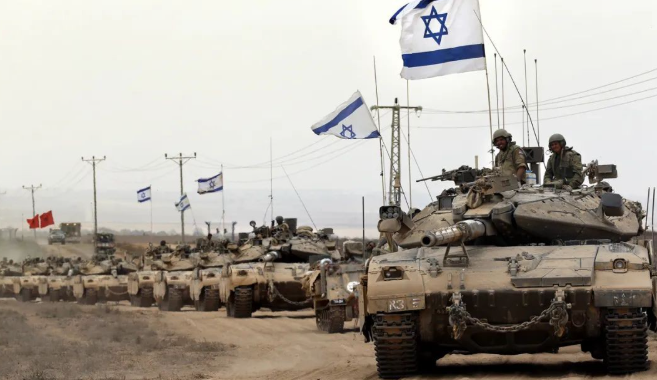
The Road Ahead: From Small Steps to Regional Integration
For Arab states, the immediate priority remains development. Beyond oil, most economies in the region lag in industry, infrastructure, and trade. Building railways, factories, and cross-border commerce could transform mutual suspicion into interdependence.
Europe’s bloody history eventually gave way to the European Union. Likewise, the Middle East might someday trade war for markets. Cooperation could begin modestly—with joint military exercises, intelligence-sharing, and coordinated diplomacy. Trust can be built step by step.
Whether an “Arab NATO” becomes reality will depend on three conditions:
- A major U.S. setback in the region,
- An Israeli action that crosses an unthinkable line,
- And Arab leaders breaking free from old patterns of rivalry.
Until then, the idea remains both a warning and a possibility: Israel’s aggression may yet create the very unity it fears most.
References
- South China Morning Post, September 2025 coverage of the Arab-Islamic emergency summit in Doha
- Public commentary from Arab political analysts
- Statements by U.S. and Israeli officials on regional security



